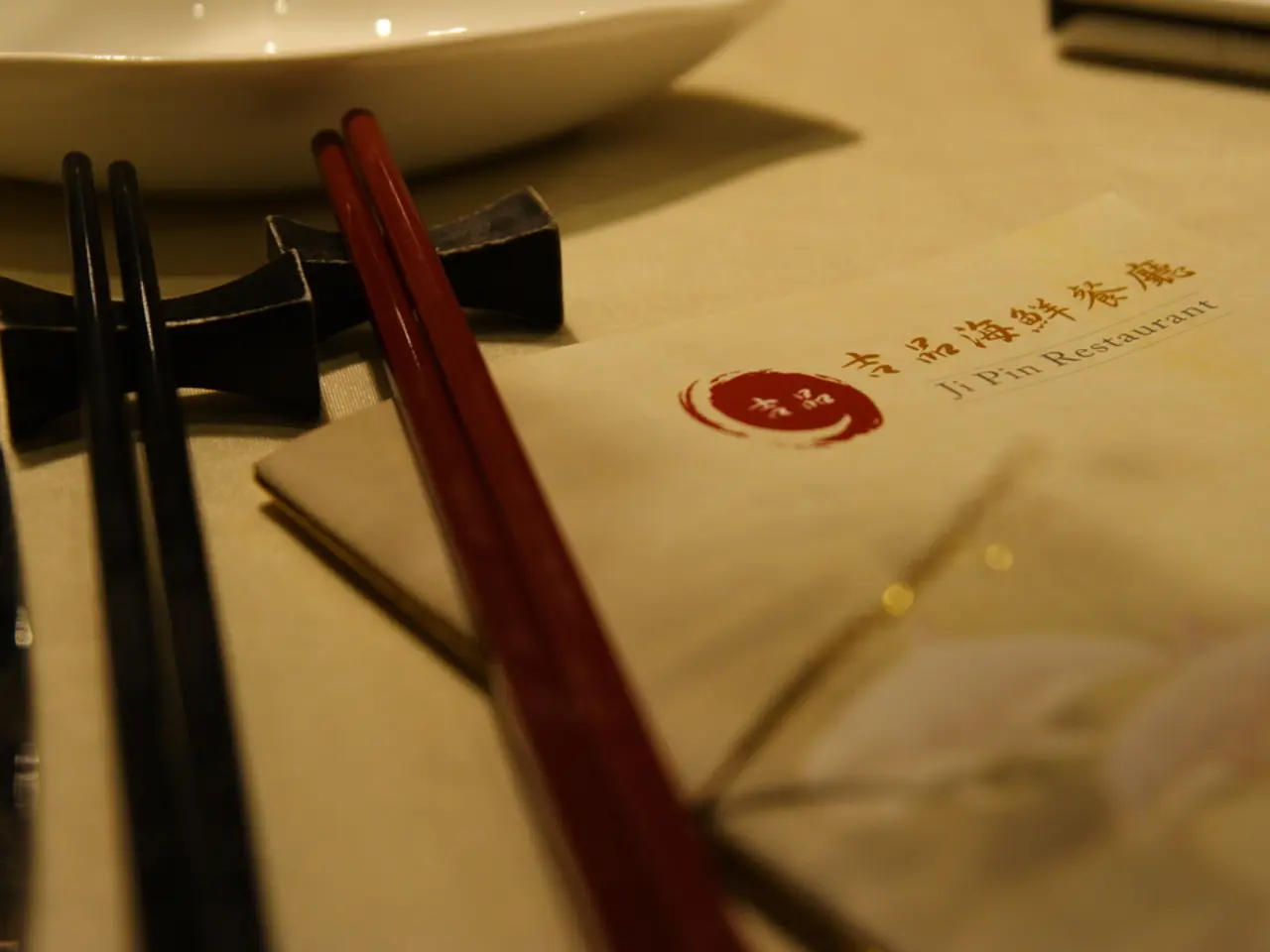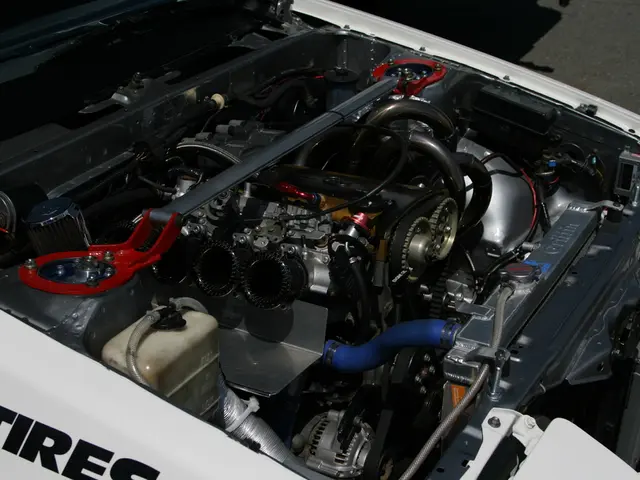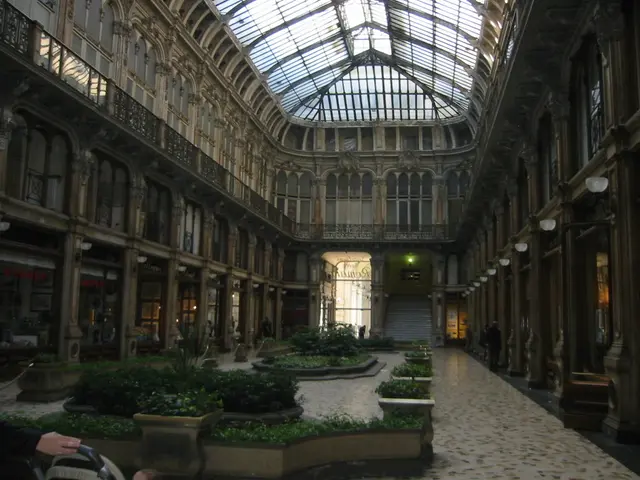China's 'Last-Mile' Runners: Young and Old Deliver Meals Up Skyscrapers for Low Pay
In China, a unique workforce of 'last-mile' runners, often young people or retirees, deliver meals to the top floors of skyscrapers. Despite the physical demands, they earn a mere 2 Yuan (about 24 cents) per delivery, significantly less than the minimum wage in major cities like Shanghai and Beijing.
These runners, typically aged 16 and above due to local government regulations, take over orders from official delivery drivers. They navigate crowded elevators, climbing to the highest floors to reach customers. The work is demanding, with no formal contracts or steady income, and daily earnings around 100 Yuan (about 12 Euros).
The situation is chaotic, with no selection process for drivers. There are enough orders for everyone, leading to a constant stream of runners. This has raised concerns, as children, some still in elementary school, have been found delivering orders during summer holidays. The local government has since banned children from this work due to safety reasons.
The 'last-mile' runners play a crucial role in China's food delivery system, tackling the challenging final leg of deliveries. Despite the physical nature of the job and the low pay, it provides an income for those who might otherwise struggle to find work. However, the lack of regulation and the involvement of minors highlight the need for better oversight and protection of these workers.







